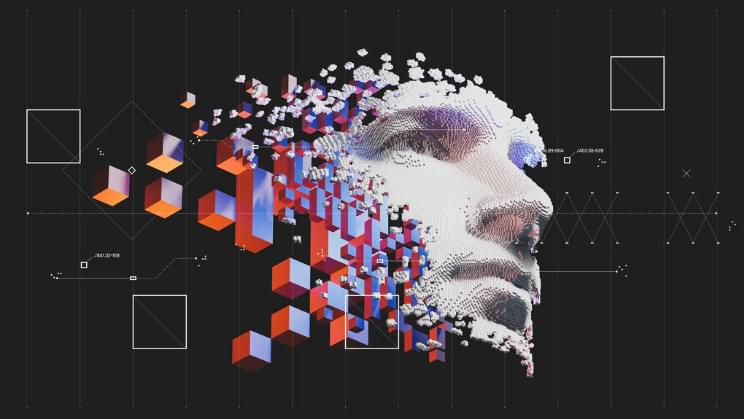A new study claims machine learning is starting to look a lot like human cognition.
In 2019, The MIT Press Reader published a pair of interviews with Noam Chomsky and Steven Pinker, two of the world’s foremost linguistic and cognitive scientists. The conversations, like the men themselves, vary in their framing and treatment of key issues surrounding their areas of expertise. When asked about machine learning and its contributions to cognitive science, however, their opinions gather under the banner of skepticism and something approaching disappointment.
“In just about every relevant respect it is hard to see how [machine learning] makes any kind of contribution to science,” Chomsky laments, “specifically to cognitive science, whatever value it may have for constructing useful devices or for exploring the properties of the computational processes being employed.”
While Pinker adopts a slightly softer tone, he echoes Chomsky’s lack of enthusiasm for how AI has advanced our understanding of the brain:
“Cognitive science itself became overshadowed by neuroscience in the 1990s and artificial intelligence in this decade, but I think those fields will need to overcome their theoretical barrenness and be reintegrated with the study of cognition — mindless neurophysiology and machine learning have each hit walls when it comes to illuminating intelligence.”
Full Story:
